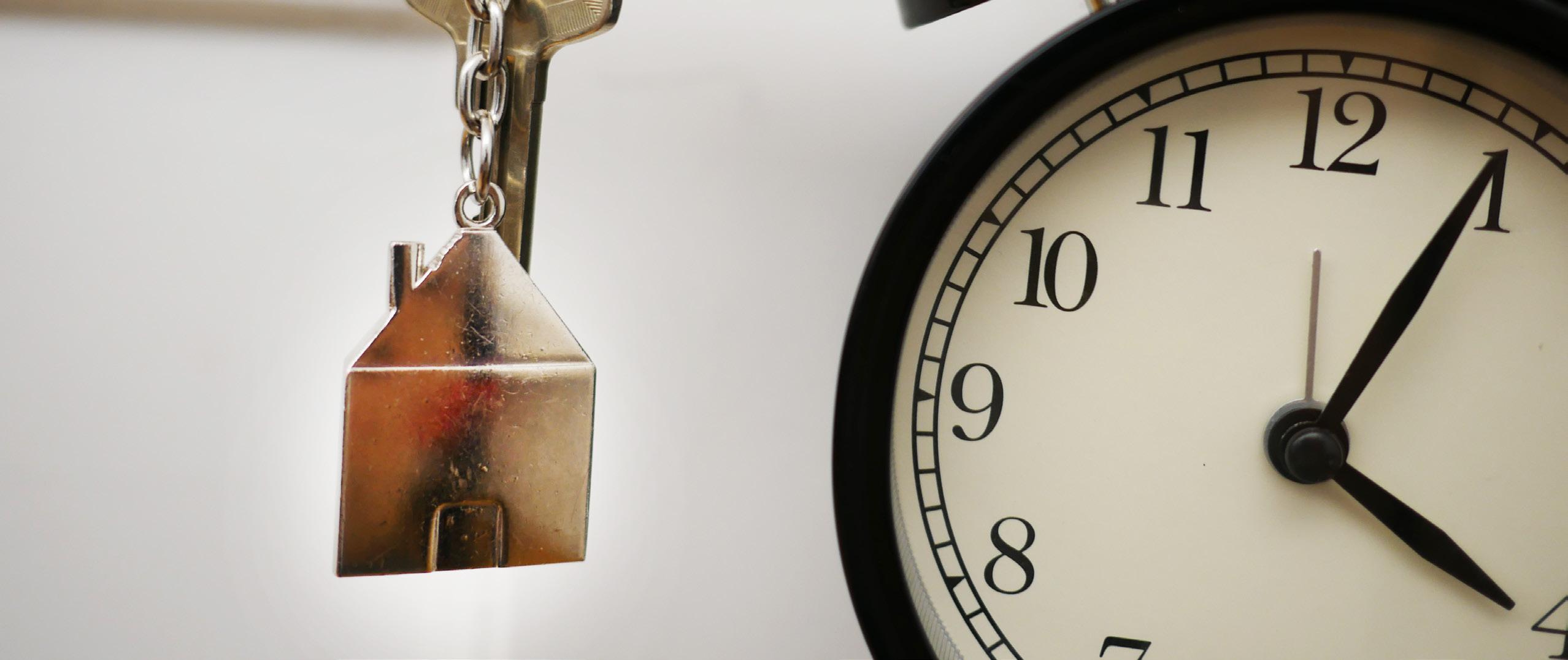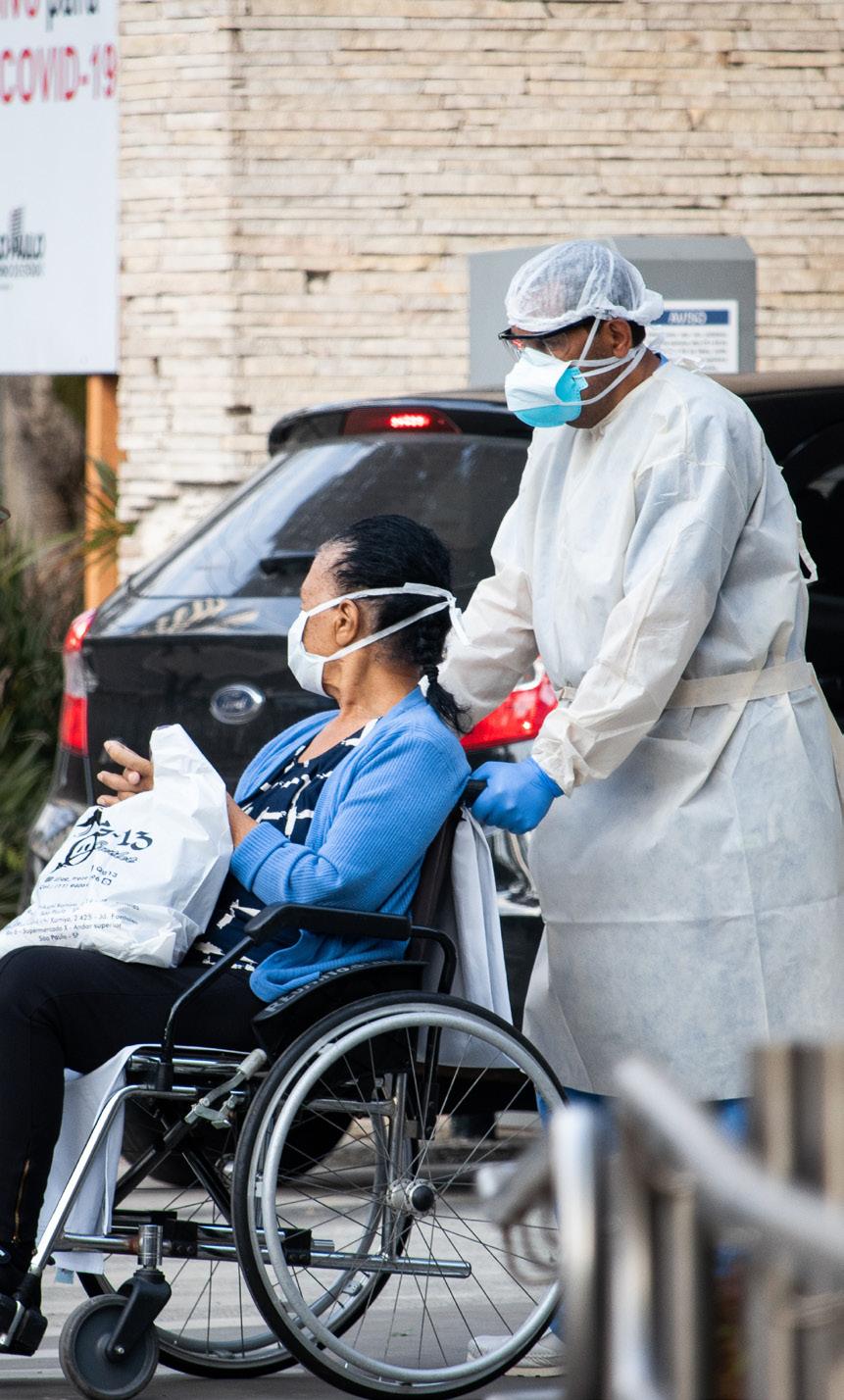
2 minute read
Mortgage fraud had dropped but it’s likely
MORTGAGE FRAUD HAD DROPPED but its Likely Coronavirus Could Bring a new wave
According to data released by CoreLogic National Mortgage Application Risk Index, the risk for mortgage fraud application dropped to 8.9% in the 1st quarter of this year from 26.6% in the 1st quarter of 2019. The data further reveals that the 1st quarter of 2020 risk level is parallel to the refinance boom that was witnessed in the 3rd quarter with the same magnitude.
The mortgage environment is known for its low-interest rates, which led to an overall application increase with refinances accounting for about 59.9% of mortgage transactions during the 1st quarter, something that has never happened for the past 7years. Refinances that are driven by rates feature a lower risk of fraud, therefore, resulting in an improved risk score.
A study by CoreLogic has shown that the effects of Covid-19 could bring a new cycle of fraudulent activities that could be based on the behavior of home prices. The effects of the coronavirus have resulted in a massive ripple effect on mortgage lenders. Even before the onset of the Covid-19 pandemic, mortgage lenders were already struggling with their operations due to the low mortgage rates. The low rates increased the number of borrowers and the lenders were handling a storm of borrowers who were seeking to refinance and without forgetting that the lenders we getting distressed from the other existing loans. The lenders were indeed in trouble.

to take action amid the spread of Covid-19, resulted in a significant drop in the rates to almost zero. On the other hand, there was an increasing number of homeowners who wanted to lower their mortgage payments as the economic crisis was getting more severe.
In a statement by the principal of mortgage fraud solutions at CoreLogic, Bridget Berg, there is an immediate risk as borrowers are likely to misrepresent their income status in order to qualify for a refinancing. What makes this situation worse is the newly introduced underwriting accommodations, such as flexibility in appraisals that have led to a relaxation in the standards. Individuals are most likely to take advantage of these relaxed standards to overvalue their properties and income as well as assets.
Bridget further states that a fall in prices of properties will make it challenging to sell them. Also, a fall in property prices may lead to an upward trending in distressed listing inventory. There will also be massive bailout schemes for builders, an increased number of straw buyers, and massive illegal flipping.
As the cycle continues, there will be an increased number of fraudulent loan modifications accompanied by short sales with a lot of foreclosure rescue schemes. The crisis could bring liquidity issues to lenders, which could force them to introduce corporate schemes, for example, air loans, warehouse fraud, and misuse of custodial and trust accounts to prevent further losses.
In efforts to combat mortgage fraud and mitigate any potential loss, CoreLogic joined hands with Secure Insights in March 2020 and started providing housing agents with the necessary information to avoid getting into wire fraud. The information given to housing agents will enable LoanSafe users to evaluate housing agents before closing to identify potential misappropriations. This will significantly help in preventing the huge losses incurred by lenders from wire fraud.
Works cited
https://www.americanbanker.com/news/virusscare-creates-perfect-storm-for-mortgagelenders. https://www.nationalmortgagenews.com/ news/mortgage-fraud-risk-drops-butcoronavirus-could-bring-new-wave.










